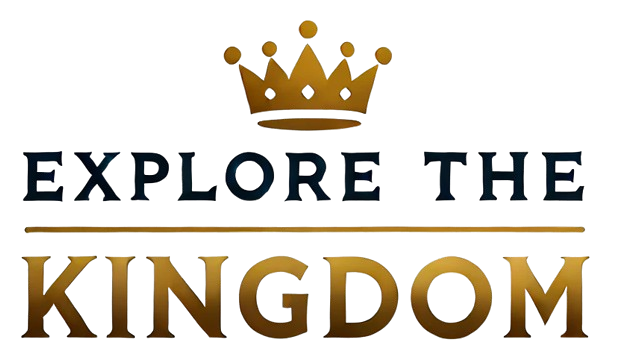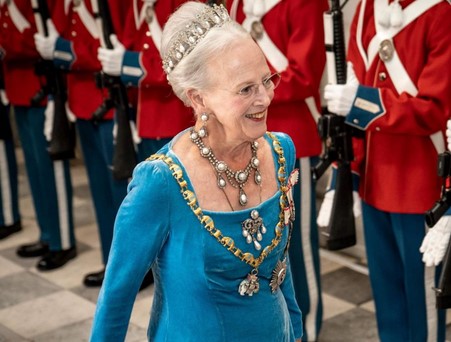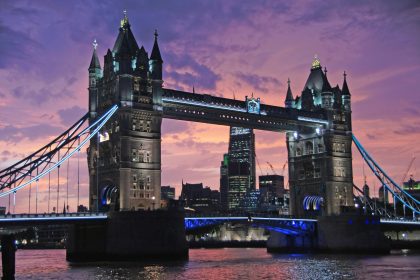The Danish monarchy, one of the oldest in the world, has played a pivotal role in the country’s cultural and political landscape for over a millennium. Today, the Danish royal family stands as a symbol of national identity, unity, and continuity while simultaneously adapting to the changing tides of contemporary society. This article explores the multifaceted role of the Danish monarchy in modern Denmark, examining its historical significance, cultural responsibilities, charitable endeavors, and relationship with the Danish public.
Historical Context
The roots of the Danish monarchy trace back to the Viking Age, with Gorm the Old being recognized as Denmark’s first king in the 10th century. The monarchy has evolved significantly over the centuries, navigating through periods of turmoil, such as the Reformation and the establishment of constitutional monarchy in the 19th century. The current monarch, Queen Margrethe II, ascended the throne in 1972, becoming the first female monarch in Danish history. Her reign has seen the royal family modernize and engage more directly with the populace, reflecting Denmark’s progressive values.
A Symbol of National Identity
In contemporary society, the Danish royal family serves as a unifying force for the nation. The monarchy embodies a sense of continuity and tradition, providing a historical perspective that many Danes value. National events, such as celebrating the Queen’s birthday, royal weddings, and state visits, foster a sense of national pride and collective memory. These occasions allow Danes to unite, reinforcing their shared identity and cultural heritage.
Queen Margrethe II, in particular, has become a beloved figure in Denmark. Her commitment to the arts, culture, and education has endeared her to the public, and her down-to-earth personality has made her relatable. The royal family’s public engagements, from attending cultural events to participating in community service, help maintain the monarchy’s relevance in a rapidly changing world.
Cultural Responsibilities
The Danish royal family has a significant role in promoting Danish culture domestically and internationally. They patronize various cultural institutions, supporting the arts, education, and heritage conservation. Their involvement helps raise awareness of Danish culture and encourages participation in artistic endeavors. For instance, Queen Margrethe II has a keen interest in the visual arts, and her work as an artist has brought attention to contemporary Danish artists.
Moreover, the royal family plays a key role in representing Denmark globally. State visits and diplomatic engagements highlight Denmark’s cultural achievements and foster international relations. Through these activities, the monarchy helps to position Denmark as a progressive and culturally rich nation, promoting Danish values of equality, democracy, and sustainability.
Charitable Endeavors
Another vital aspect of the Danish monarchy’s role in contemporary society is its commitment to charitable work. The royal family is involved in numerous philanthropic initiatives, supporting causes ranging from health and education to environmental sustainability and social welfare. Crown Princess Mary, originally from Australia, has been particularly active in social issues, advocating for women’s rights, children’s health, and mental health awareness.
The Crown Princess’s involvement in various charities and organizations has raised significant funds and brought attention to pressing social issues. Her example of leadership and compassion resonates with many Danes, encouraging public engagement in charitable activities. The royal family’s commitment to philanthropy embodies the spirit of solidarity and community that characterizes Danish society.
The Monarchy and the Public
The relationship between the Danish royal family and the public is characterized by mutual respect and affection. The monarchy is funded by the state, and in return, the royal family is expected to represent the interests of the Danish people. This relationship is reinforced through transparency, accessibility, and regular communication.
In recent years, the royal family has embraced social media, using platforms like Instagram and Facebook to connect with the public. This modern approach has helped demystify the monarchy and make it more approachable. The royal family’s candidness about their personal lives, including their interests and hobbies, has fostered a sense of intimacy and relatability, bridging the gap between tradition and modernity.
Challenges and Adaptation
Despite its longstanding traditions, the Danish monarchy faces challenges in a contemporary society that values equality and democratic principles. The relevance of royal families in modern democracies has been questioned, and the Danish monarchy is not immune to scrutiny. Public opinion can be a double-edged sword; while many Danes support the monarchy, others advocate for its abolition or significant reform.
The Danish royal family has adapted to societal changes to maintain its relevance. For instance, the decision to allow Crown Prince Frederik and Crown Princess Mary to raise their children away from the confines of royal protocol has been met with approval. This choice reflects a commitment to modern parenting and maintaining a close family unit. The couple’s emphasis on education, sports, and cultural experiences for their children resonates with contemporary values.
Additionally, the royal family has taken a proactive stance on social issues like climate change and mental health. Their involvement in environmental initiatives and advocacy for mental health awareness demonstrates a willingness to engage with pressing societal challenges, positioning the monarchy as a relevant and responsible institution.
Conclusion
The Danish monarchy continues to play a vital role in contemporary society, symbolizing national identity, cultural heritage, and social responsibility. The royal family has demonstrated its relevance in a rapidly changing world through their commitment to the arts, charitable endeavors, and modern communication. While challenges persist, the monarchy’s ability to adapt and engage with the public ensures its place in the hearts of many Danes.
As Denmark navigates the complexities of the 21st century, the royal family remains a beacon of continuity and tradition, embodying the nation’s values. The Danish monarchy’s journey reflects the evolving relationship between tradition and modernity, illustrating the importance of balancing historical legacy with contemporary relevance. Ultimately, the Danish royal family stands as a testament to the enduring power of monarchy in a democratic society, reminding us of the significance of cultural identity and social responsibility in an ever-changing world.



